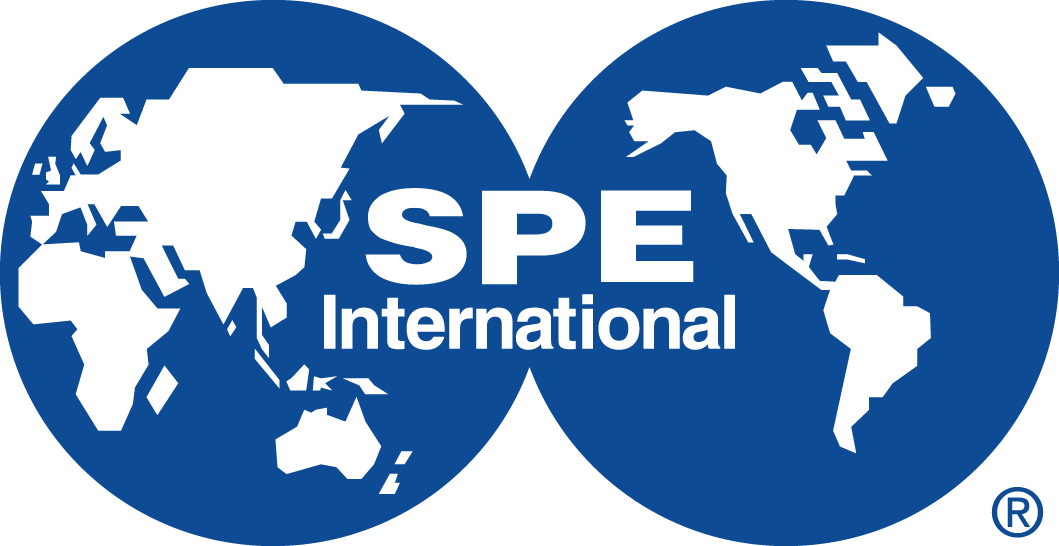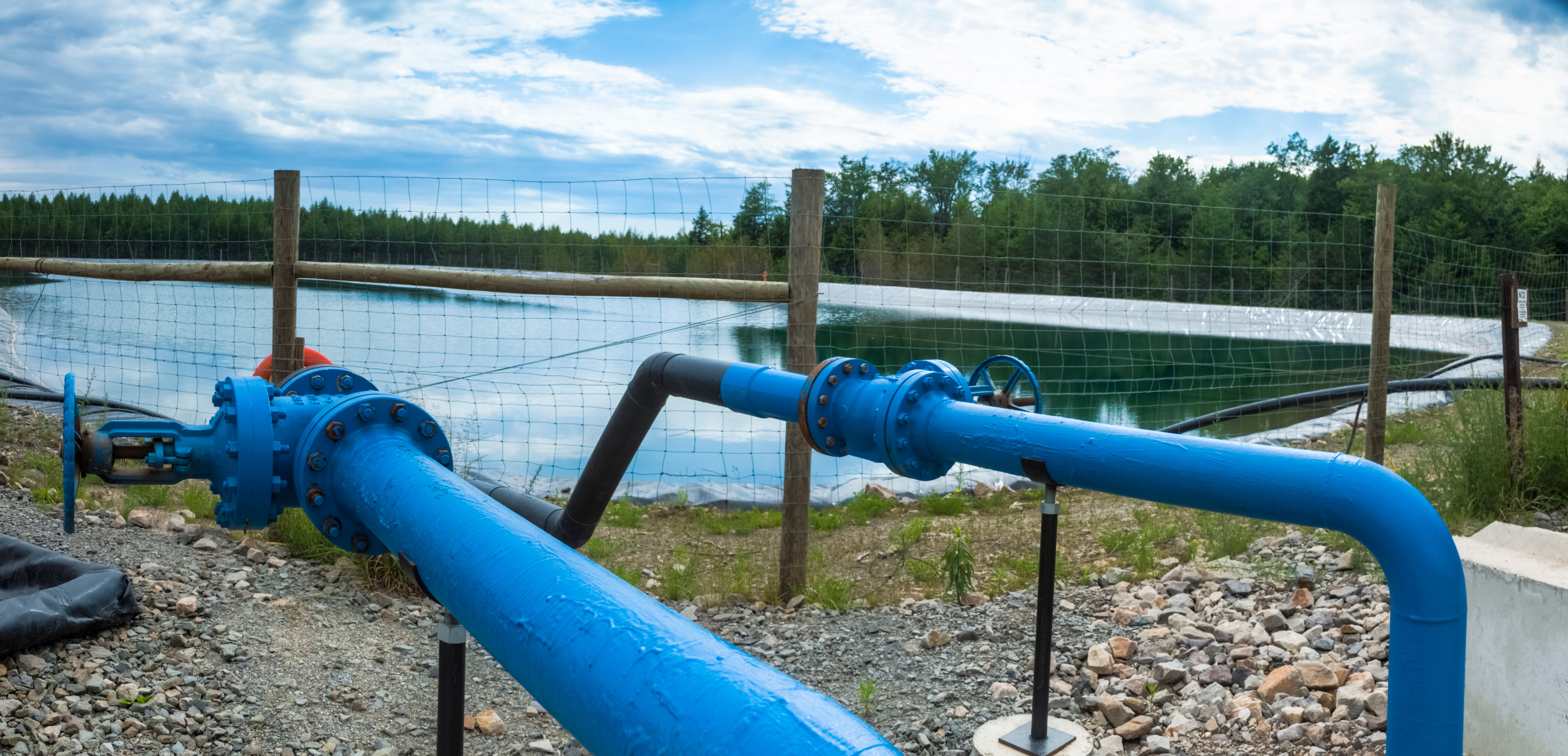-
75 mins
-
15 mins
-
60 mins
Produce, Treat, Repeat: Managing the Lifecycle of Produced Water
John Rogers, National Energy Technology Laboratory
-
30 mins
-
90 mins
Chairs: Michael Hightower, New Mexico Produced Water Research Consortium; Brian Bohm, Apache Corporation
Water is increasing being a prominent component of ESG related disclosure and corporate efforts in sustainability. The reduction of fresh water usage as well as impacts to standard industry practices related to water management by regulatory and environmentally driven concerns like seismicity, beneficial reuse along with increase regulatory scrutiny is changing practices. This session will highlight water related changes in the E&P industry and include reporting case studies, information on seismicity response by industry working groups, and general best practices for our industry on water reporting related to ESG.
Speakers:
Induced Seismicity and Produced Water Management in the Permian Basin
Cody Comisky, ChevronSystems Thinking in Water Management: The Dynamic Relationship of Operation and Regulation
Nate Alleman, Ace Energy AdvisorsWater Sustainability in the Southwest
Matthias Sayer, Bradfute Sayer Consulting & Legal Services
-
90 mins
-
90 mins
Chairs: Wei Shi, Chevron; Shawn Gao, Shell
Reuse of produced water has been an increasingly common practice to support unconventional oil and gas development. Aside from the economic benefits associated with making use of the water produced as a byproduct of oil and gas operations, reusing also reduces both the need for sourcing water (brackish or fresh) from the environment and the volume of produced water that requires disposal. This session intends to discuss both the technological and regulatory evolutions that enable the reuse of produced water for unconventional development, along with the industry’s experiences, lessons learned and best practices.
Speakers:
Newly Developed Frac Chemicals for Produced Water Reuse: Functional vs. Reservoir Performance
Songyuan Liu, Select Water SolutionSynergies Between Produced Water Recycling for Frac’ing and Beneficial Reuse
Lisa Henthorne and Javier Casas, Aris Water SolutionsWaste Source to Resource: The Valorization of Produced Water
Zacariah Hildenbrand, Infinity Water Solutions
-
30 mins
-
90 mins
Chairs: Patricia E. Carreras, Blue Moon Strategies; David Smith, Oilfield Conformance Consulting; Gary Targac, ExxonMobil
The focus of this session is to discuss subsurface water control strategies, methods, techniques, or experiences to reduce water production while improving oil recovery and beneficially impacting the disposal/recycling costs and the environment.
Speakers:
Development and Application of Recrosslinkable Preformed Particle Gels (RPPG) for Conformance Control in the Reservoirs with Fractures or Conduits
Baojun Bai, Missouri Science and TechnologyRelative Permeability Modifiers – History and Current State
Larry Eoff, HalliburtonA Multi-Disciplinary Approach to Optimize the Value of Water
Bulent Izgec, Hess
-
60 mins
-
60 mins
-
90 mins
Chairs: Shaya Movafaghian, CETCO Energy Services; Paul Evans, Chevron; Jinxuan Hu, Select Water Solutions
A panel of experts will discuss challenges around water injection and disposal of oilfield brines in a wide array of topics ranging from well design, economics of disposal, operational issues to alternatives and regulatory pressures.
Panelists:
Laura Capper, Energy Makers Advisory Group
Mark Kidder, ALL Consulting
Kristie Mclin, ConocoPhillips
Michael Skarke, Select Water Solutions
Bill Curry, ExxonMobil
-
30 mins
-
90 mins
Chairs: Rick McCurdy, Select Water Solutions; Paul Barbour, Devon Energy
The interest in the potential to recover some volume of a "clean" water capable of being beneficially used outside of the oil and gas industry continues to increase with several states having formed produced water consortiums focused on verifying this concept. This session will focus on current status of those efforts as well as updated status of one or more field pilots of beneficial reuse technologies.
Speakers:
Beneficial Reuse: Shedding Light on the "Unknowns"
Adrianne Lopez , Texas Pacific Water ResourcesNew Mexico Policy in the Making, Produced Water Reuse
Andrea Felix, New Mexico Oil and Gas AssociationLessons Learned from Securing TCEQ TPDES Permits for Desalinated Water
John Christiansen, TetraTech
-
75 mins
-
90 mins
Chair: Mike Hightower, New Mexico Produced Water Research Consortium; Brian Bohm, Apache Corporation
A produced water management technique to reduce produced water disposal include recycling and/or volume reduction. This session will highlight emerging technologies being developed to enhance produced water evaporation or vaporization from storage ponds or pits without the common environmental, ecological, and operational impacts identified with the use of more traditional evaporation technologies and approaches.
Speakers:
Salt Dispersion and VOC Emission Control During Surface Evaporation of Produced Water
Mark Patton, HydrozonixEfficacy of Rotary Atomization for Produced Water Evaporation
Ed Butler, e3 SolutionsContained Assisted Produced Water Evaporation with Water Recovery
Paul Kite, Strongbox SolutionsEnhanced Evaporation for Induced Seismicity Volume Reduction: Permian & Delaware Field Case Studies
Robert Ballantyne, RWI Enhanced Evaporation
-
30 mins
-
90 mins
Chairs: Wally Georgie, Max Oil Consultancy; Bulent Izgec, Hess
Across the Globe, efforts are underway to move to more carbon-neutral energy sources and to remove existing carbon dioxide (CO2) from the atmosphere through efforts such as carbon capture and underground sequestration (CCUS). This session seeks to explore the water requirements for those efforts from a quantity and quality standpoint and to determine if produced water could be used to offset freshwater needs especially in areas historically prone to regional water stress. Regardless of the technology deployed, if produced water is used, it will be critical to remove hydrocarbons from the produced water prior to treatment and an excellent technology for that aspect will be addressed in this session as well.
Speakers:
An Operator’s Perspective on System Design and Operation – Exploring Common Issues and Future Considerations
Graeme Smith, MurphyAn Integrated Approach to Offshore Produced Water Management
Srinivas Valle and Jim Ross, BW EnergyGoM Deepwater Produced Water Management Case Study
Nan Zhang and Paul Clare, Hess
-
15 mins

